A Show Of Hands
Do you ever find yourself bored with your exercise routine, not wanting to go to the gym, or experiencing a complete loss of motivation? Sure, you have, we all have. It’s how life works - there will always be ups and downs. If you are finding yourself more on the down side you need to find a performance goal to go after. It can be an actual event or a solo performance just for you to know of.
Get Back On Track
The goal is to set a target that is hard enough that you must put daily work into reaching it, but can’t be something totally out of reach. Performance goals help you show up to the gym when that’s the last thing you want to do. Performance goals will make you accountable!
These types of goals require a plan; a plan helps you stay on track with proper training, rather than showing up to the gym not having a clue what you are going to do besides making it there. Performance goals should excite you and give you that feeling of butterflies in your stomach when you think about that big day that is coming up!
It’s these types of workouts that will put your training, sleep, and nutrition right back on track. Last but certainly not least these types of goals should get you out of your comfort zone, both physically and mentally.
Go get ‘em!
Image Credit: Martins Zemlickis via Unsplash
If you need a little extra push, I can support you in reaching your goal 310.251.7420
Sign up below and every week we'll send you one short but effective idea that can help you improve your performance.




